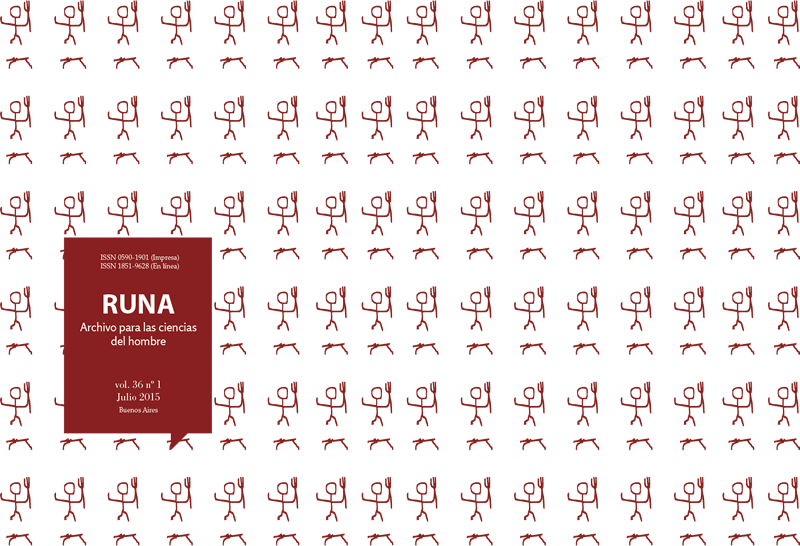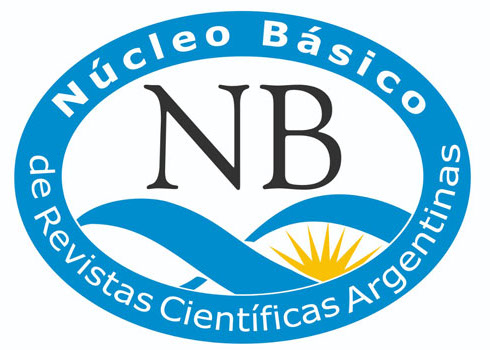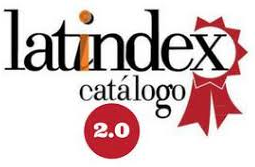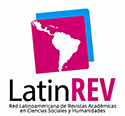The March, the Mass and Dancing Waters: Heterogenic memories in concentrates time and spaces
Abstract
In this paper, I present an ethnographic analysis about the protest-march for “March 24” on Córdoba city in 2013, on a new anniversary of last Estate strike in Argentina. That march coincided with the proclamation of Cardinal Bergoglio as Pope and with the Catholic feast of Palm Sunday. Which generated a particular confluence of celebrations and tensions. I propose some contributions to theoretical reflections about same ways of construction and circulation of collective memories link to recent past in Argentina. In particular, I account for some tension between rituals, spatiality, temporalities and memories making. I try to show how the march is a ritual that expresses and constructs a particular political community, with its homogeneity and heterogeneity, agreements and disputes. Furthermore, I try to argue about same “outside” of the march, tensions and indifference between different memories communities that converge on concentrates space and time without apparent continuity.Downloads
References
ANDERSON, Benedict. 1993. Comunidades Imaginadas: reflexiones sobre el origen y la difusión del nacionalismo. México: Fondo de Cultura Económica.
CATELA, Ludmila da Silva. 2001. No habrá flores en la tumba del pasado. La experiencia de reconstrucción del mundo de los familiares de desaparecidos. La Plata: Al Margen.
_______________________ .2008. “Violencia política y dictadura en Argentina: de memorias dominantes, subterráneas y denegadas” En FICO, Carlos e outros (Orgs.). Ditadura e democracia na América Latina: balanço histórico e perspectivas. Rio de Janeiro: FGV, p. 179-199.
CRENZEL, Emilio. 2008. La historia política del Nunca Más. La memoria de las desapariciones en la Argentina. Bs. As.: Siglo XXI.
HALBWACHS, Maurice. 2004ª. La Memoria Colectiva. España: Prensas Universitarias de Zaragoza
_________________ .2004b. Los Marcos Sociales de la Memoria. Traducción de M. Baeza y M. Mujica. Venezuela: Anthropos.
HOBSBAWM, Eric .1983. La Invención de la Tradición. Barcelona: Editorial Crítica.
JELIN, Elizabeth. 2001. Los trabajos de la memoria. España: Siglo Veintiuno de España Editores.
_________________ .2002. Las conmemoraciones: Las disputas en las fechas “in-felices”. España: Siglo Veintiuno de España Editores.
KOSELLECK, Reinhart .1993. Futuro pasado. Para una semántica de los tiempos históricos. Bs. As.: Paidós.
PACHECO, Mariano. 2013. “Crónica de la movilización del 24 de marzo” en http://profanaspalabras.blogspot.com.ar/2013/03/cronica-de-la-movilizacion-del-24-de.html. Consultada el 15 de mayo de 2014.
POLLAK, Michael. 2006. Memoria, olvido, silencio. La producción social de identidades frente a situaciones límite. La Plata: Ediciones al Margen
STERN, Steve .2002. De la memoria suelta a la memoria emblemática: Hacia el recordar y el olvidar como proceso histórico (Chile, 1973-1998). www.lapetus.uchile.cl/lapetus/archivos/1302552396stern.pdf Consultada el 15 de mayo de 2014.
TODOROV, Tzvetan .2000. Los abusos de la memoria. Bs. As.: Paidós.
TURNER, Víctor .2002. Antropología del Ritual. México: Instituto Nacional de Antropología e Historia.

Runa, archivos para las ciencias is a publication of the Instituto de Ciencias Antropológicas, Facultad de Filosofía y Letras, Universidad de Buenos Aires and is distributed under a Creative Commons Attribution 4.0 International License.
Runa maintains its commitment to the policies of Open Access to scientific information, considering that both scientific publications and publicly funded research should circulate on the Internet freely, free of charge and without restrictions.
The contents and opinions expressed in published articles are the sole responsibility of their authors.



















